Book Appointment Now
Can a Gentle Electrical Pulse Rewire the Brain After Stroke?
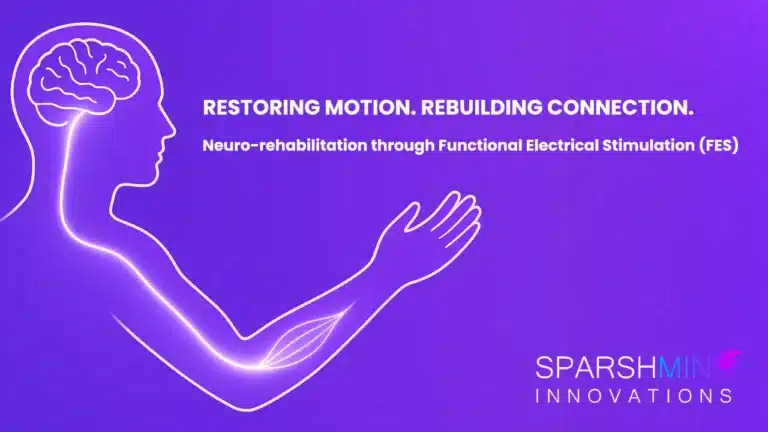
What it is FES delivers short pulses of electricity through surface or implanted electrodes to the peripheral motor nerves of weak or paralysed muscles. Unlike routine neuromuscular electrical stimulation (NMES) that may fire a muscle in isolation, FES is timed…
How FES Rewires the Brain: The Neuroscience Behind Stroke Recovery
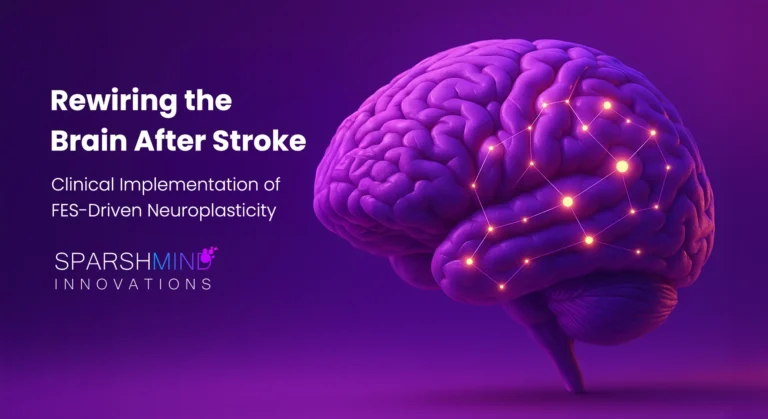
Functional electrical stimulation (FES) represents a breakthrough approach in stroke rehabilitation, leveraging neuroplasticity to restore motor function through targeted electrical stimulation and brain engagement. Understanding Functional Electrical Stimulation Functional Electrical Stimulation (FES) delivers precisely calibrated electrical pulses to activate muscles…
Advancing Neurorehabilitation: Virtual Reality in Physical Therapy for Neurological Recovery
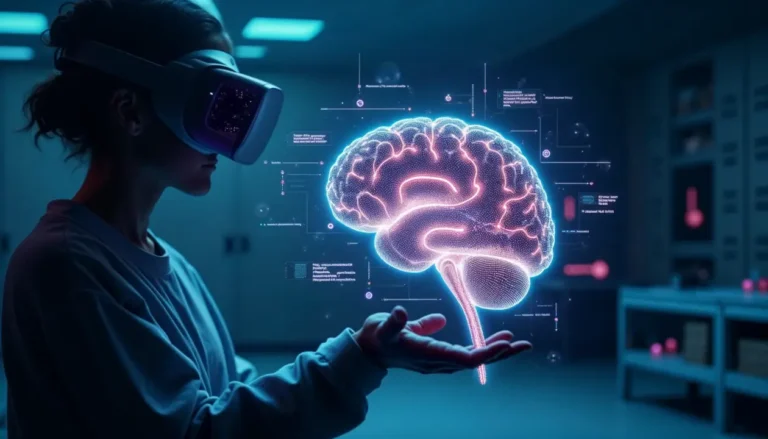
Introduction The integration of virtual reality (VR) technology with physiotherapy is revolutionizing rehabilitation protocols for patients with neurological conditions [1,2]. This convergence effectively addresses the intricate interplay between motor function, neuroplasticity, and physical recovery by targeting key neural structures such…
Post-stroke – Timely rehab key to regain full mobility
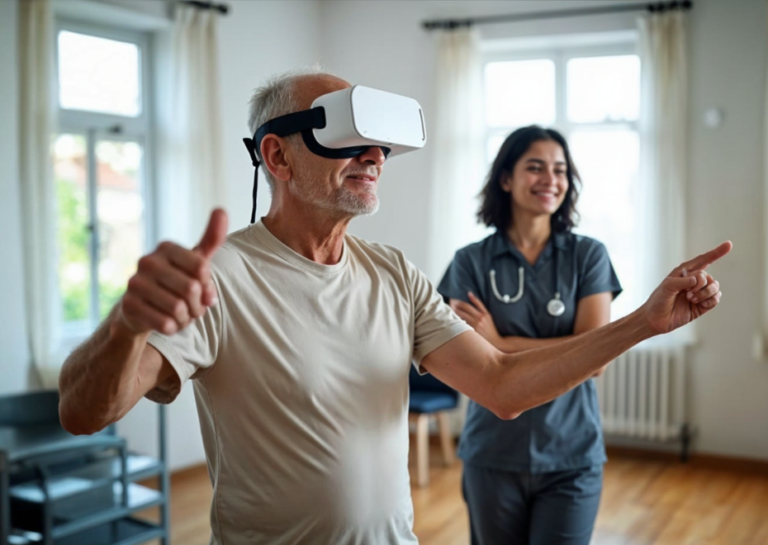
A lot depends on the cause of the stroke, where it occurred in the brain, how soon it was detected, and the severity – these factors decide how much recovery or rehabilitation will happen and what type of therapy is…
Virtual Reality Science Revolutionizing Physiotherapy
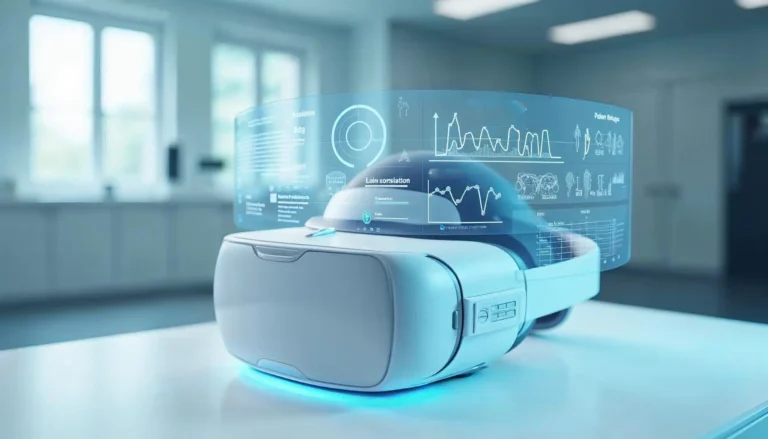
Introduction The emergence of Virtual Reality Science as a transformative field in physiotherapy marks a significant milestone in rehabilitation medicine. This innovative branch of science combines cutting-edge technology with advanced neuroscience principles, revolutionizing traditional therapeutic practices. The implementation of Virtual…
Virtual Reality Physiotherapy: Rehab
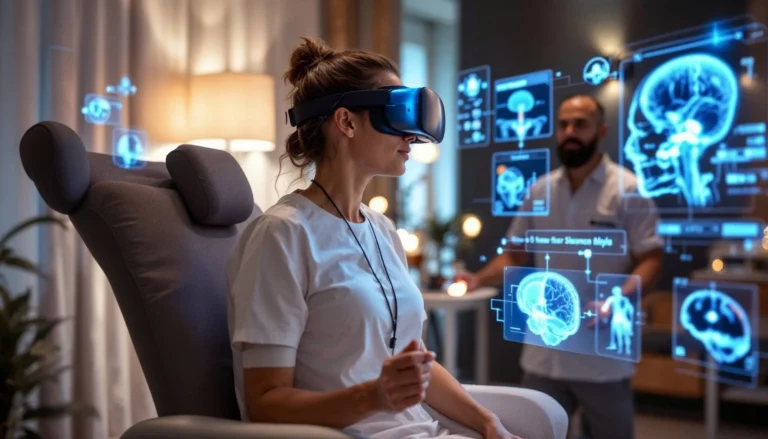
Introduction Virtual Reality (VR) has emerged as a transformative force in healthcare, particularly in physiotherapy. This innovative approach combines immersive VR technology with therapeutic exercises, revolutionizing how we treat physical and neurological conditions. The integration of VR into physiotherapy has…
The Transformation of Physiotherapy Through Virtual Reality
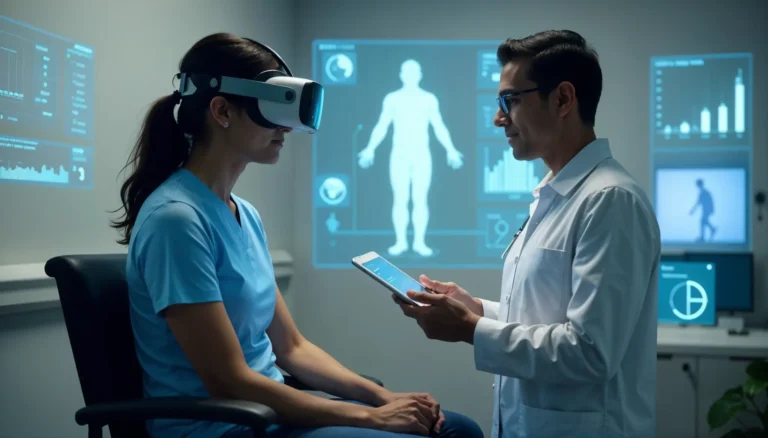
Introduction Virtual Reality is revolutionizing the field of physiotherapy, offering innovative solutions to traditional rehabilitation challenges. This technological advancement addresses longstanding issues in patient engagement, accessibility, and personalization, marking a significant shift in rehabilitation practices. As healthcare continues to evolve,…
Virtual Reality in Physiotherapy: A Contemporary Approach
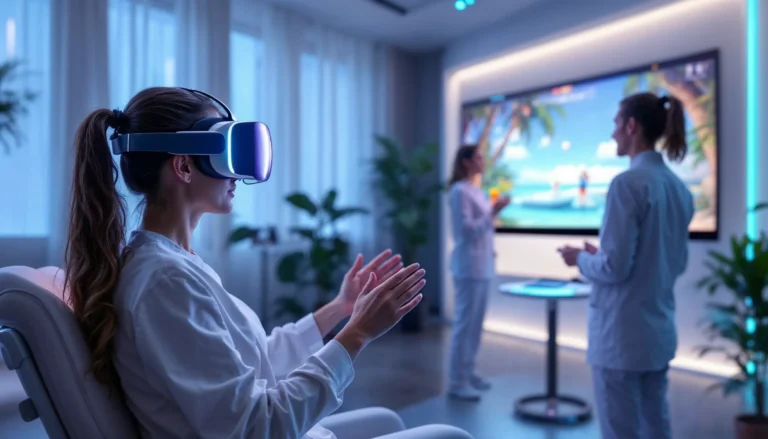
Introduction The integration of Virtual Reality (VR) technology into physiotherapy represents a significant advancement in healthcare rehabilitation. This innovative approach combines immersive technology with traditional rehabilitation techniques, offering new possibilities for patient care and recovery. VR Physiotherapy creates interactive, engaging…
Spinal Cord Injuries: Etiology and Age-Related Variations
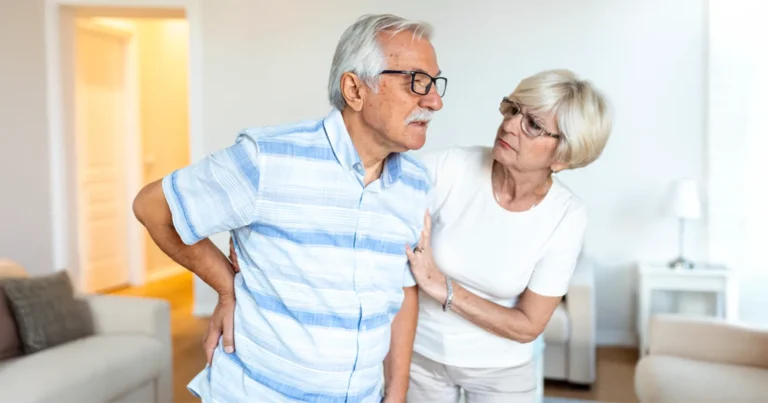
Spinal cord injuries (SCI) represent some of the most severe and life-altering medical conditions, profoundly impacting an individual’s mobility, sensory function, and autonomic processes. The etiology of SCI exhibits significant variability across different age demographics, influenced by factors such as…
Revolutionizing SCI Rehab with Artificial Intelligence
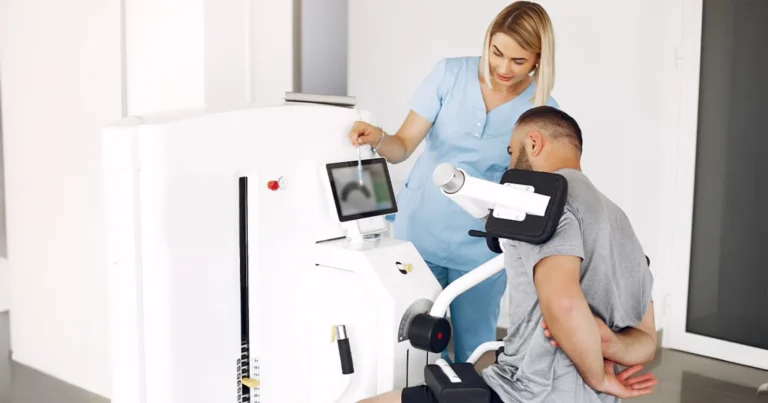
Spinal cord injuries (SCIs) represent a significant challenge in modern healthcare, often resulting in profound physical and psychological impacts on patients. The rehabilitation process for SCI patients is complex and multifaceted, traditionally relying on generalized approaches that may not fully…
SCI Recovery: The Role of Neuroplasticity in Healing
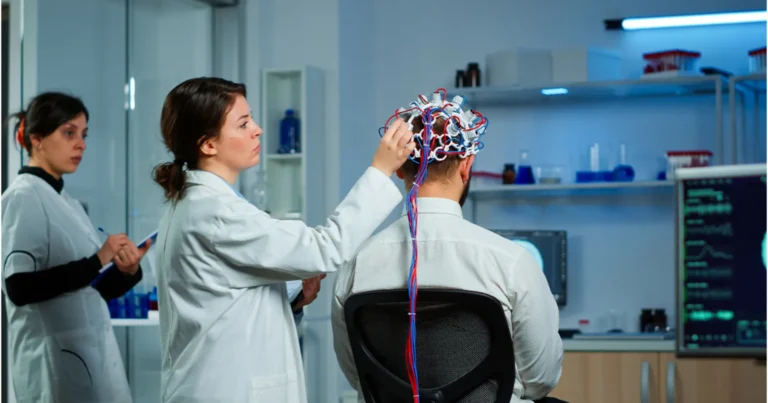
Spinal Cord Injury (SCI) is a devastating condition that can result in partial or complete loss of motor, sensory, and autonomic functions below the level of injury. Despite the profound consequences of SCI, recent advancements in neuroscience have shed light…
SCI: Advancements in Stem Cell Treatments
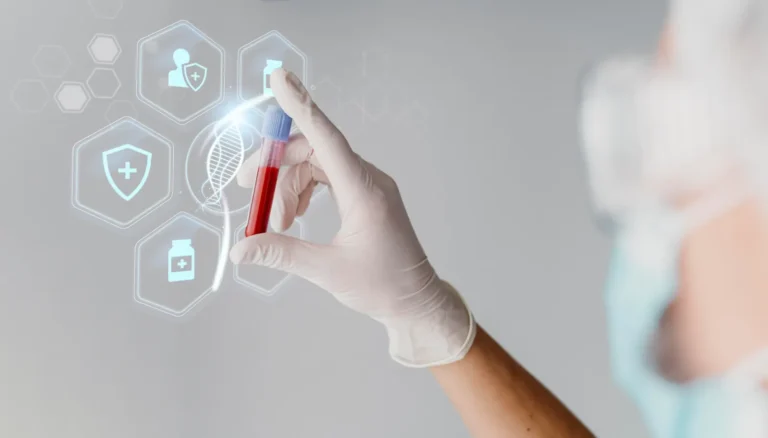
Spinal cord injuries (SCI) represent some of the most devastating and life-altering conditions in modern medicine. Traditionally viewed as irreversible, these injuries often result in partial or complete paralysis, profoundly impacting both motor and sensory functions. However, recent decades have…
SCI: Comparing Complete vs Incomplete Injuries – Prognosis & Rehab
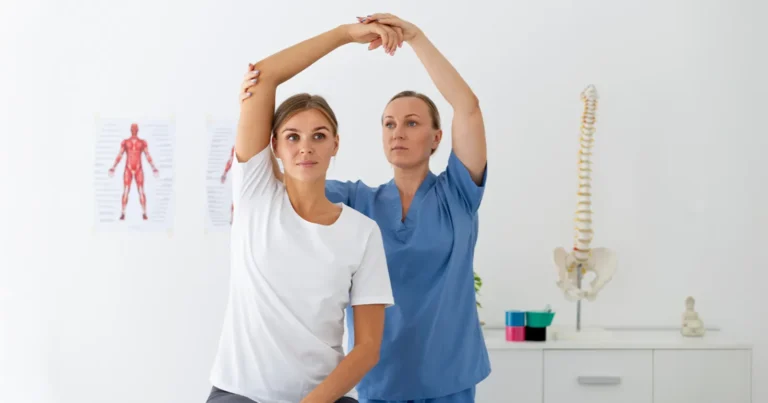
Spinal Cord Injuries (SCI) represent a significant medical challenge, with profound implications for patients, healthcare providers, and caregivers. This article aims to elucidate the critical distinctions between complete and incomplete SCIs, focusing on prognosis and rehabilitation approaches. 1. Defining Complete…
Parkinson’s Disease: Can It Be Fatal? Debunking Common Myths
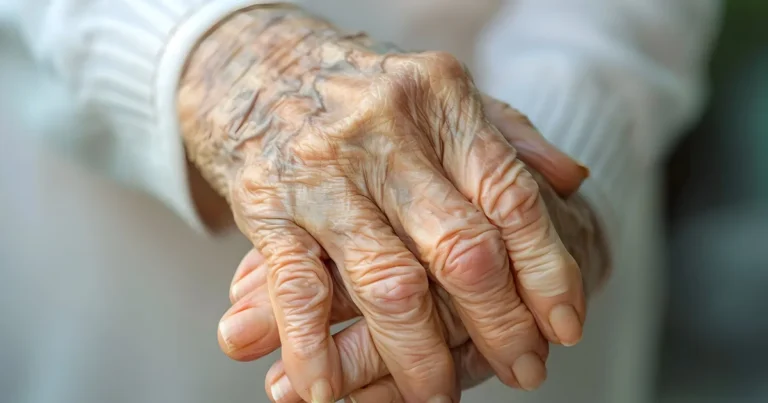
Parkinson’s disease is a neurodegenerative disorder surrounded by many myths, leading to confusion and fear. A common question asked is, “Can Parkinson’s disease kill you?” The truth is that Parkinson’s itself is not usually the direct cause of death, but…
Is Parkinson’s Disease Genetic? Key Facts to Know
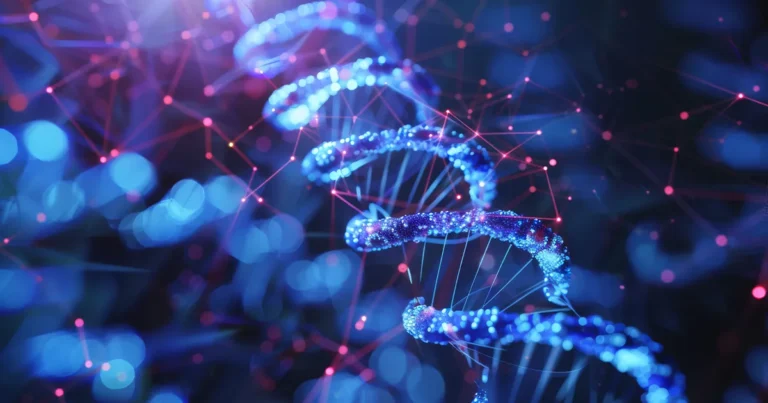
Parkinson’s disease is a progressive neurological disorder that primarily affects movement, causing tremors, stiffness, and difficulty with balance and coordination. While the exact cause of Parkinson’s disease remains unclear, both genetic and environmental factors are believed to play a role.…
Parkinson’s vs Alzheimer’s : A Comprehensive Comparison
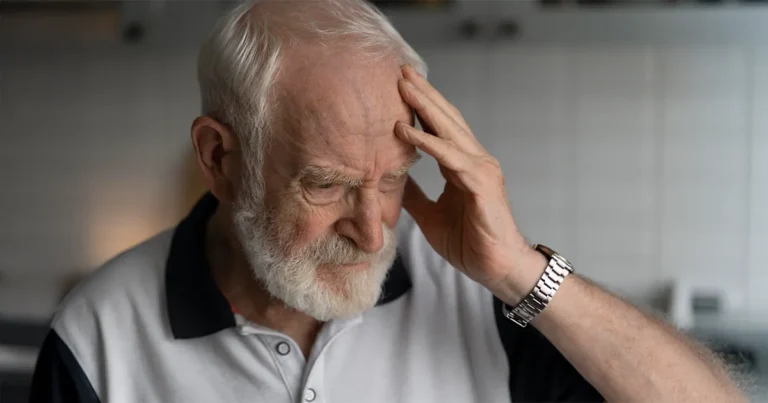
Introduction Neurodegenerative disorders, particularly Parkinson’s and Alzheimer’s disease, represent significant challenges in modern healthcare. Both profoundly impact neurological function, yet they manifest distinctly, affecting various aspects of patients’ lives. This article aims to elucidate the key differences and similarities between…
Parkinson’s Disease and ALS : A Guide to Early Symptoms

Introduction Parkinson’s disease and Amyotrophic Lateral Sclerosis (ALS) are neurodegenerative disorders that affect movement, muscle control, and overall physical function. While they share some similarities, their progression and symptoms differ significantly. This article explores the early symptoms of both conditions…
Parkinson’s Disease: Understanding Current Research and Treatment Prospects
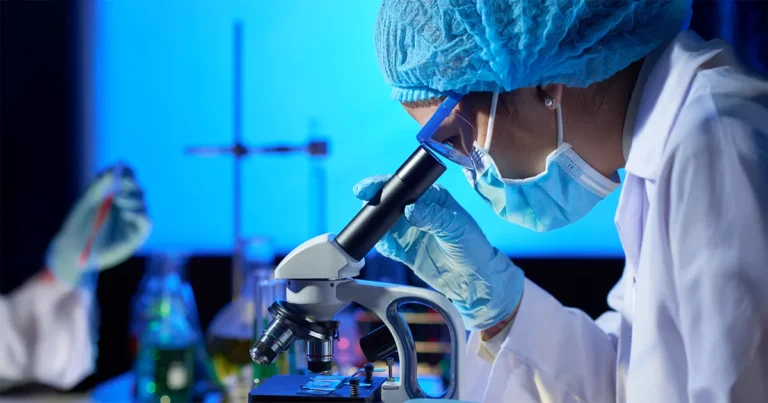
Introduction Parkinson’s Disease (PD) is a progressive neurodegenerative disorder affecting millions worldwide. Characterized by both motor and non-motor symptoms, Parkinson’s disease can significantly impact patients’ quality of life. This article explores the current state of Parkinson’s disease research, available treatments,…
VR Therapy in India: Revolutionizing Rehabilitation with SparshMind Innovations
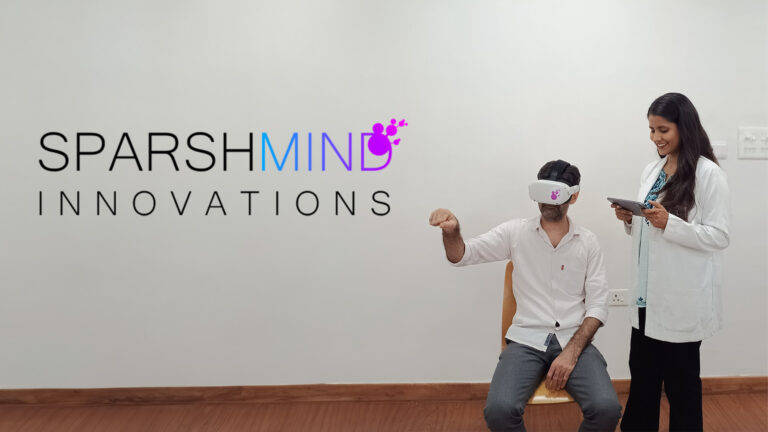
VR therapy, short for virtual reality therapy, is a novel treatment method that uses immersive digital environments to address various physical and mental health conditions. By combining advanced technology with traditional therapeutic techniques, VR therapy offers a unique and engaging…
